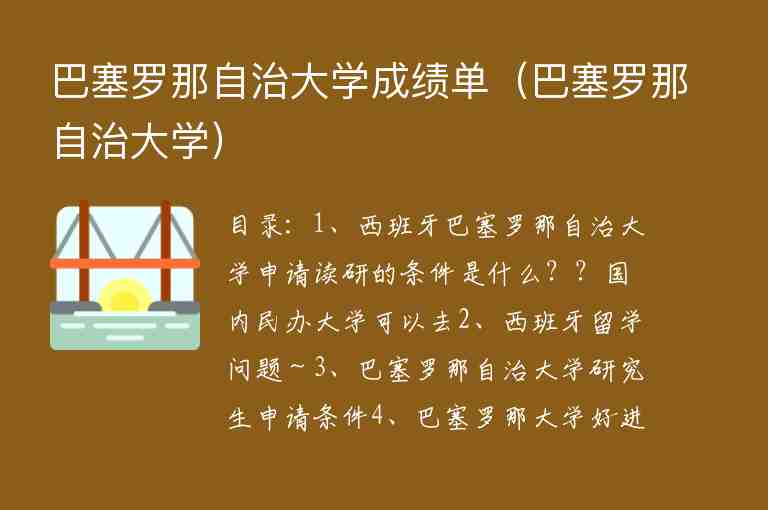意思:byproduct是指生产过程中产生的附带产品或副产品,通常并非主要目的而产生。它可以是有用的,也可以是无用的。
怎么读(音标):/ˈbaɪprɒdʌkt/
用法:byproduct通常作为名词使用,表示“副产品”、“附带产品”。
例句1:The company has found a way to turn their waste into a valuable byproduct. (这家公司找到了一种方法将他们的废弃物转化为有价值的副产品。)
例句2:The production of steel results in the byproduct of slag. (钢铁生产会产生炉渣这一副产品。)
例句3:The main product of this factory is paper, but they also produce a few byproducts such as sawdust and wood chips. (这家工厂的主要产品是纸张,但他们也会生产一些副产品,如锯末和木屑。)
例句4:The byproducts of oil refining include gasoline, diesel, and lubricants. (石油精炼的副产品包括汽油、柴油和润滑油。)
例句5:Many companies are now finding ways to reuse or recycle their byproducts to reduce waste and increase profits. (许多公司现在都在寻找方法重新利用或回收他们的副产品,以减少废弃物并增加利润。)
同义词及用法:byproduct的同义词包括“side product”、“secondary product”、“spin-off”等。它们的意思和用法基本相同,都指生产过程中产生的附带产品。
编辑总结:byproduct是指生产过程中产生的附带产品或副产品,它可以是有用的,也可以是无用的。它通常作为名词使用,表示“副产品”、“附带产品”。其同义词包括“side product”、“secondary product”、“spin-off”等。许多公司都在寻找方法重新利用或回收他们的副产品,以减少废弃物并增加利润。


